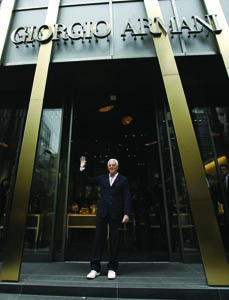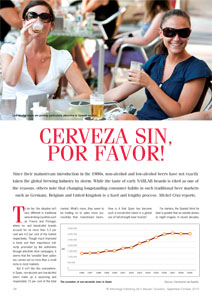No more monkey business
Sunday, February 9th, 2014 Text & photos: Ash Bolton
Text & photos: Ash Bolton
They are one of Gibraltar’s most iconic and enduring symbols. Yet a number of the Rock’s famous apes will be captured and relocated abroad in the next few months. Government chiefs have been prompted to act as groups of the Barbary Macaques have been up to no good in built up areas such as schools and Main Street. According to scientists based on the British Overseas Territory, many of the monkeys have lost their fear of humans and now regard them as a source of rich food. It’s believed up to 120 of the Rock’s 230 strong monkey colony could now be deported to North Africa. (more…)





